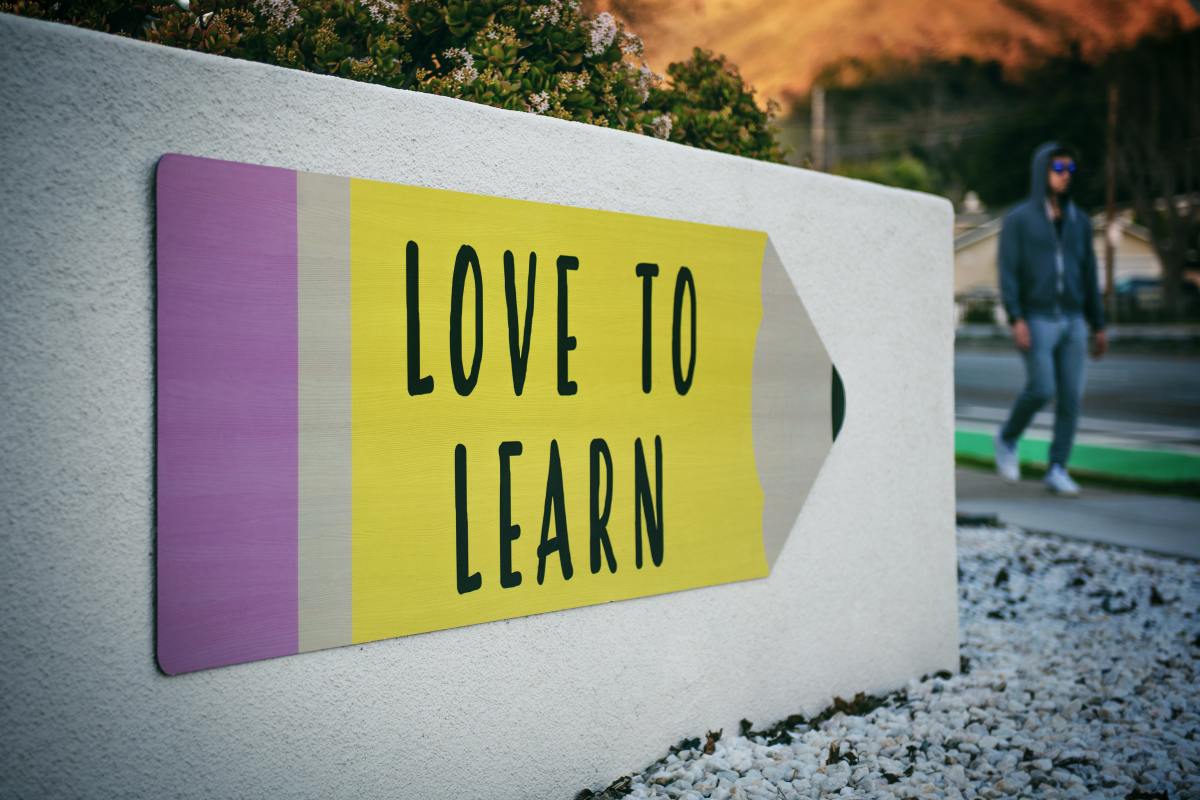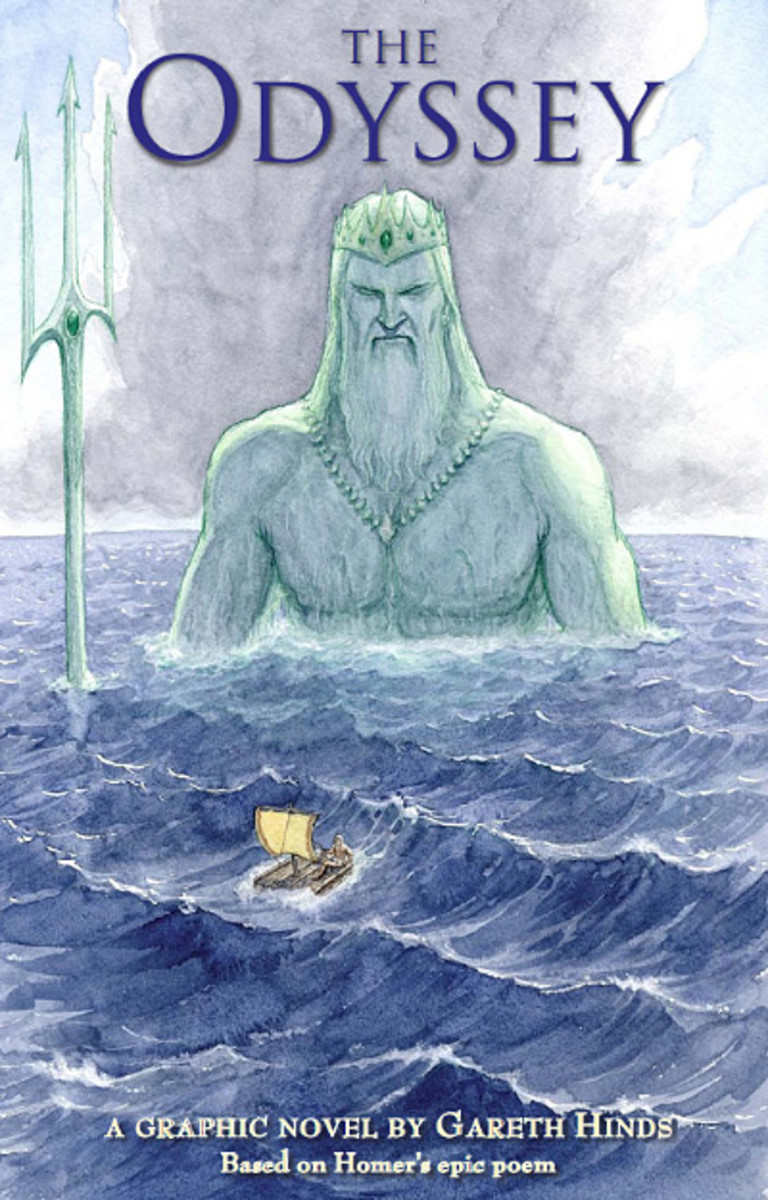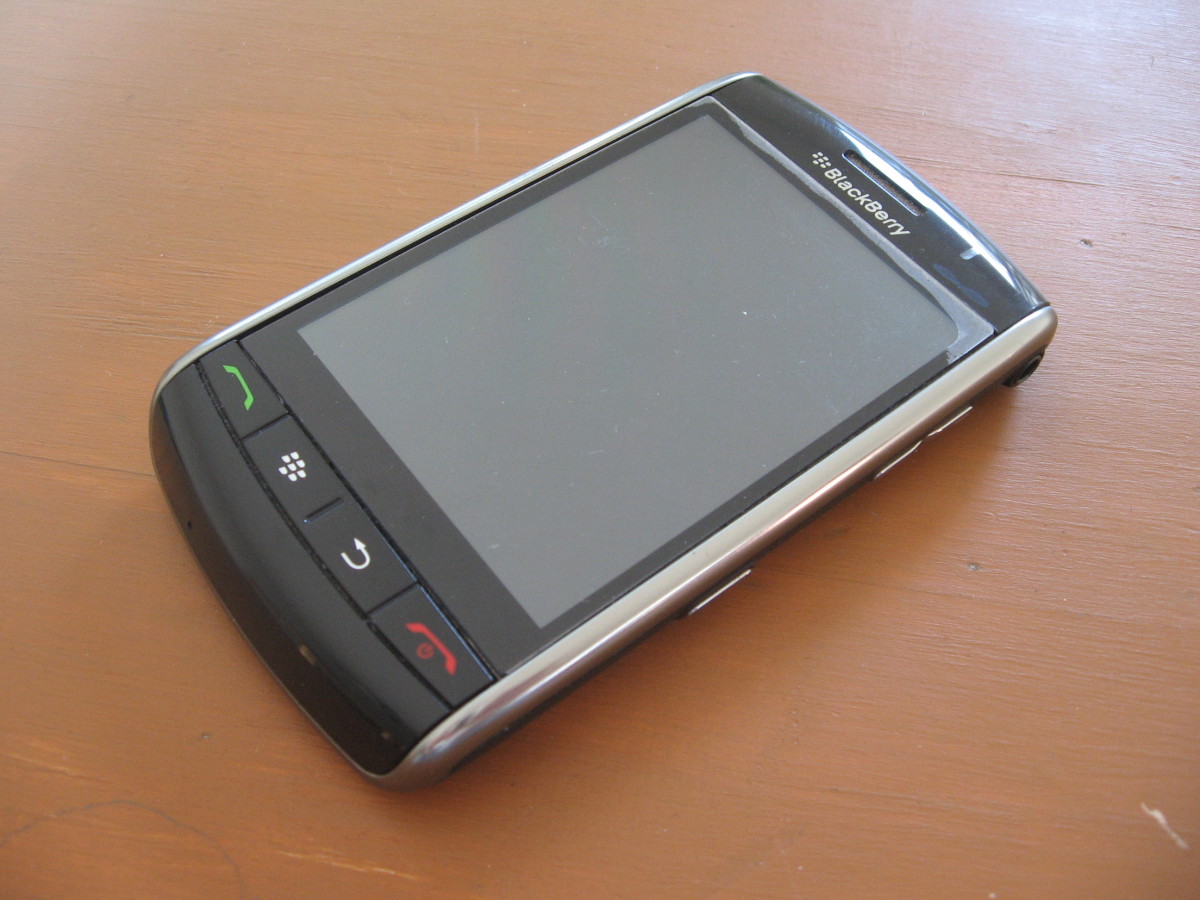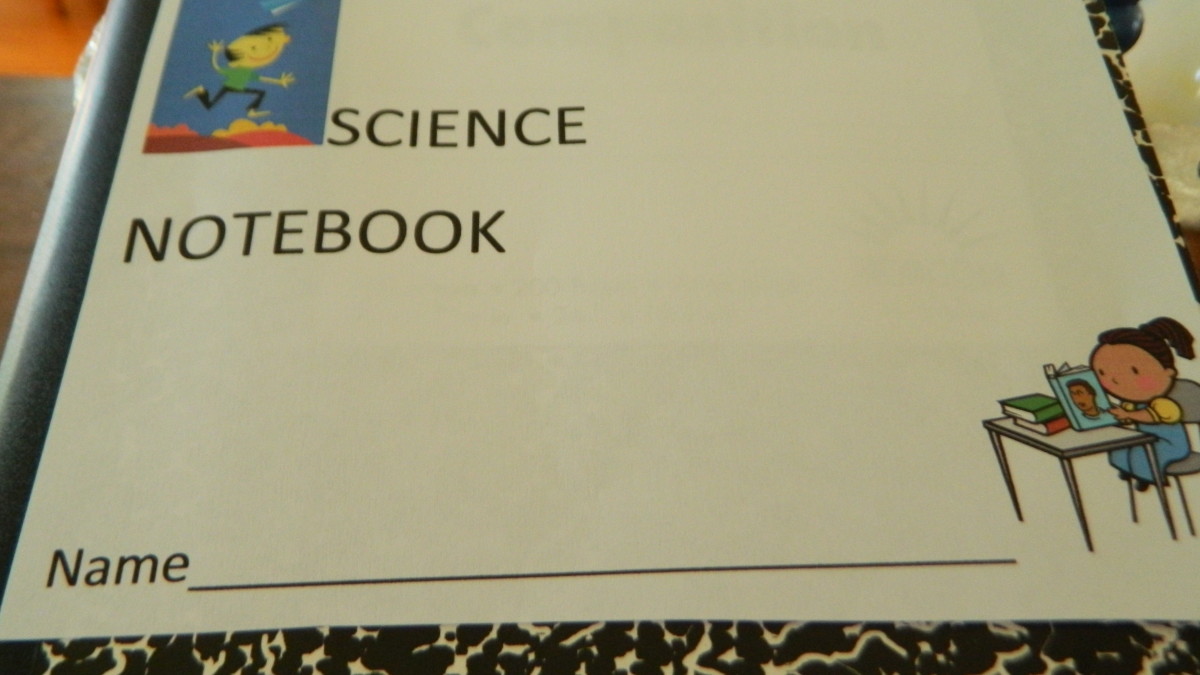What is the CRCT?
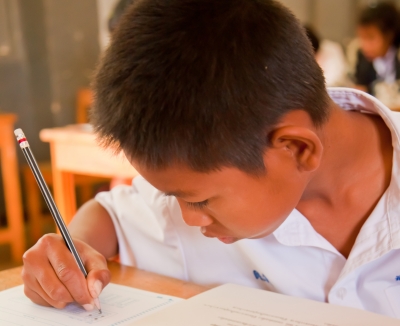
The state of Georgia uses the Criterion-Reference Competency Tests (CRCT) to measure the acquired knowledge of skills for several grade levels (grades 1-8) in the subjects of reading, language arts, mathematics, science and social studies. Not all subjects are tested at each grade however. For example, reading and mathematics is tested in grades four, six and eight.
Students attending public and private schools must take the CRCT, however home schooled students are exempt from the testing. Even special education students participate in CRCT testing, and their grades are compiled with non-special needs students in the results, which are published publicly. It is important to remember that students are not compared to each other, but are assessed over their own mastery levels.
Questions on the CRCT include multiple choice and reading samples.Students cannot necessarily study for the test, however they can review classroom material and learn important test-taking strategies.
Purpose
According to the CRCT study guide, the test is three-fold; it ensures that students are learning, measures accountability, and provides data to the teachers and district to make instructional decisions.
Although students are tested to see if they have acquired adequate knowledge to progress to the next grade levels, CRCT scores also help indicate if a teacher or school is adequately teaching students what they need to learn.
Unlike national testings, such as the ITBS (Iowa Test of Basic Skills), the CRCT is specific to the state of Georgia, and gives local and state educators a good benchmark for successful teaching.
The CRCT is typically administered in April, the first week after Spring Break. Scores are sent back to the school and to parents in May. Students who score poorly on the CRCT may be held back a grade, or less severely, may be required to attend summer school.
History of the CRCT
Due to the newness of the CRCT, the test implemented a staggered accessing. In Spring of 2000, the CRCT assessed reading, language arts, mathematics, for fourth, sixth and eighth grades. Science and studies weren't accessed until the spring of 2002, along with the reading, language arts and mathematics.
References
Hicks, M. (2011, July 13). Public school systems cheating nation’s youth. The Washington Times, p. C08. Retrieved from ProQuest.
Georgia Department of Education


